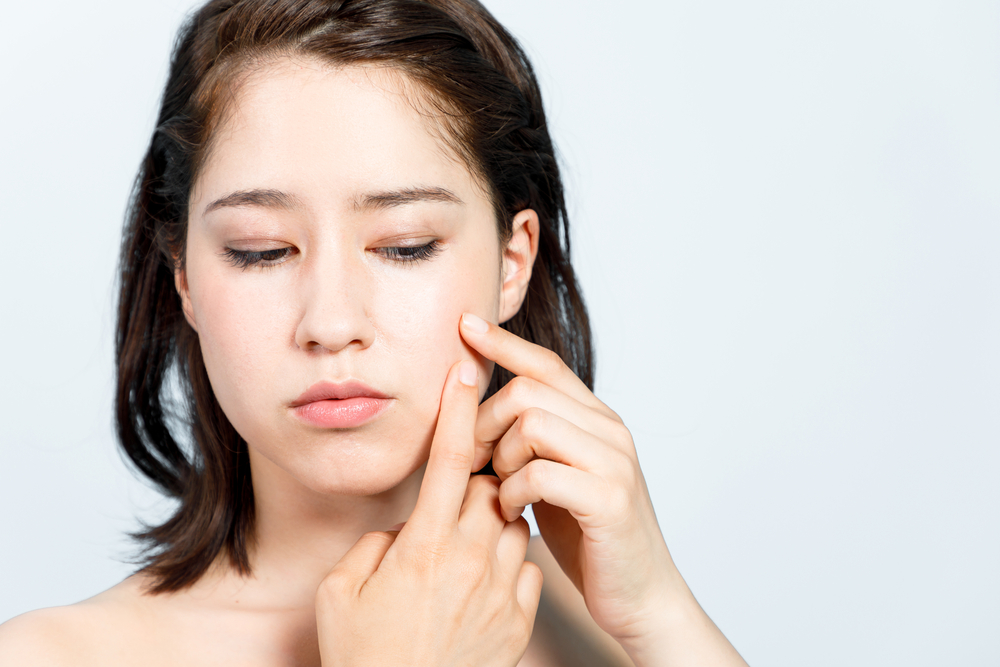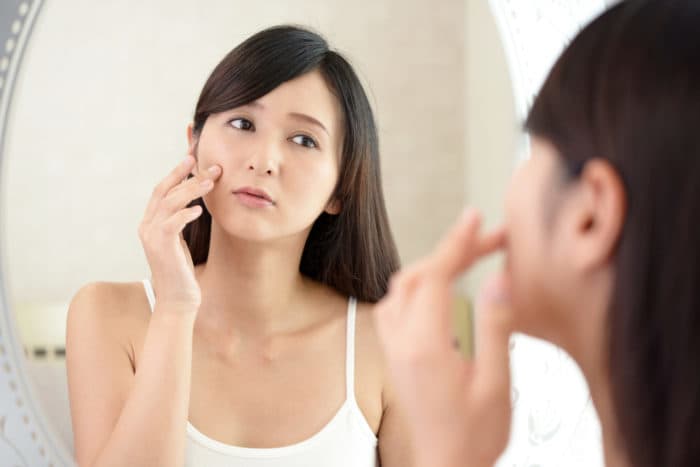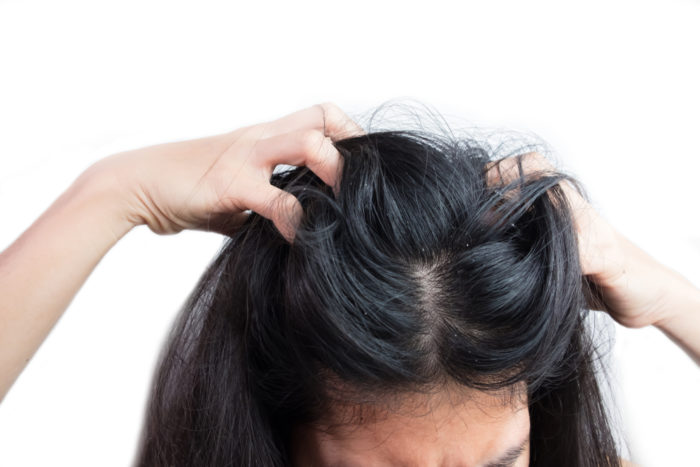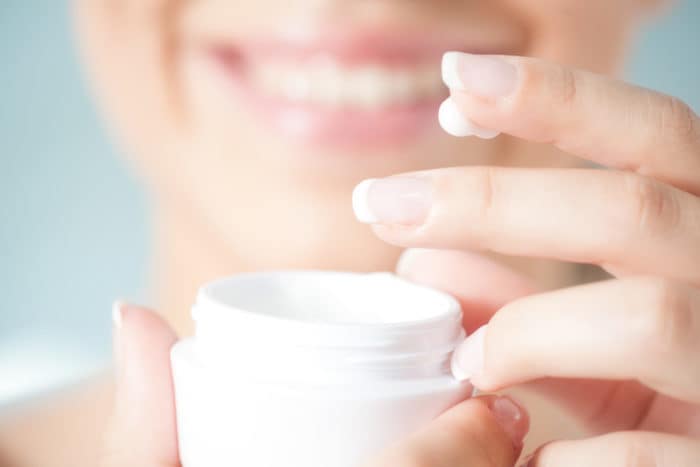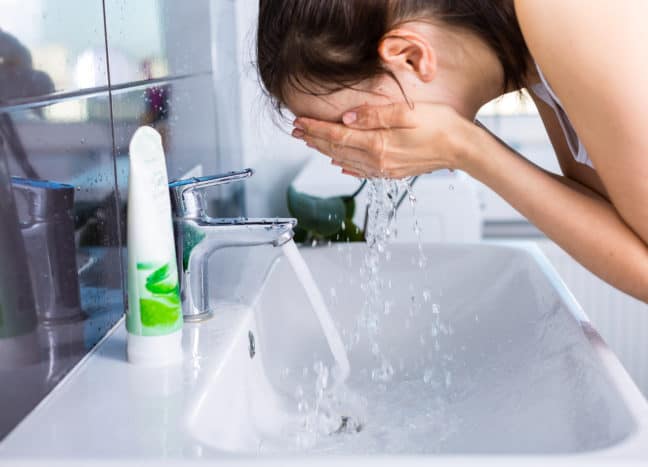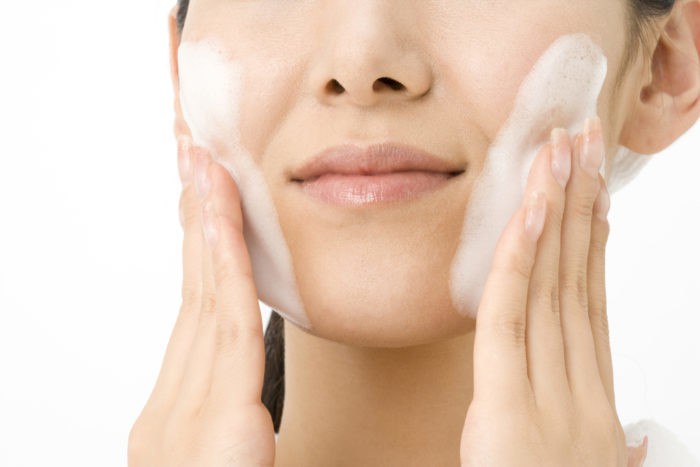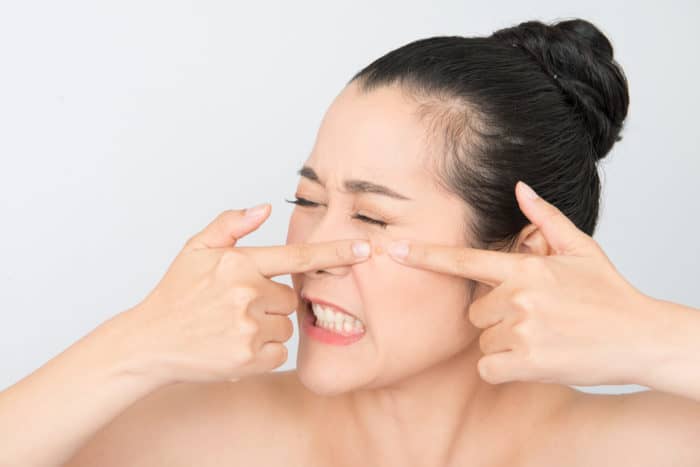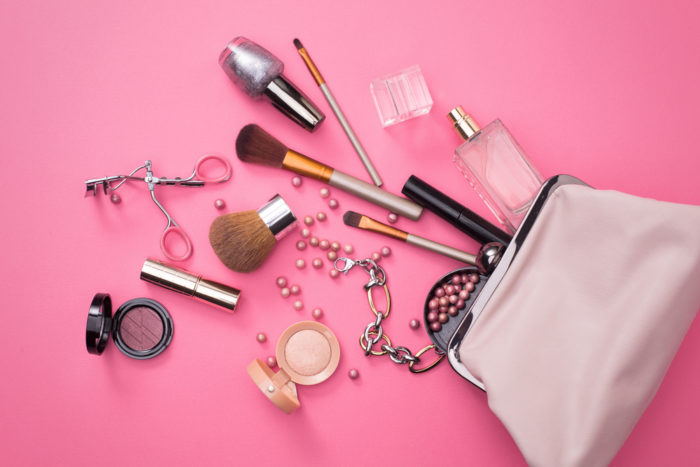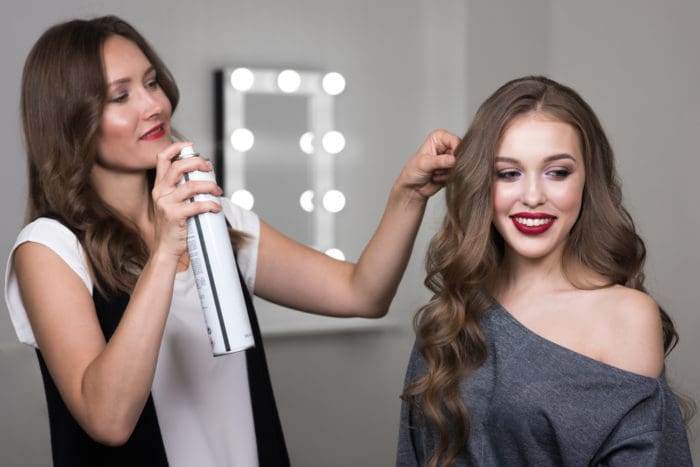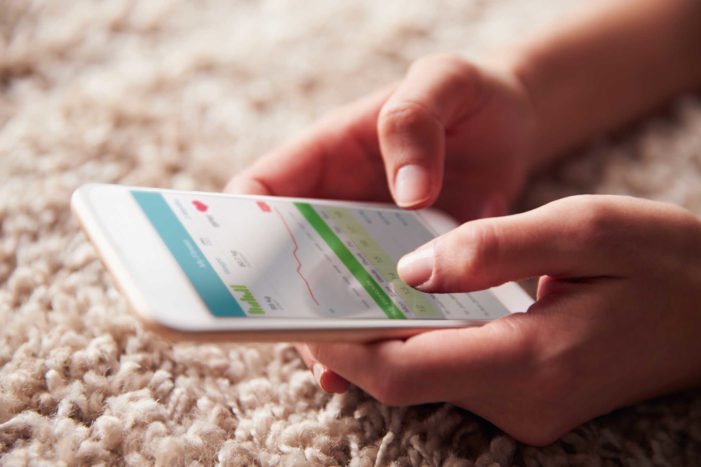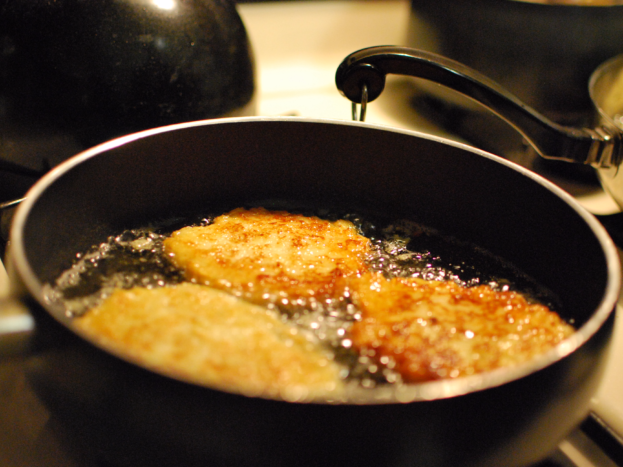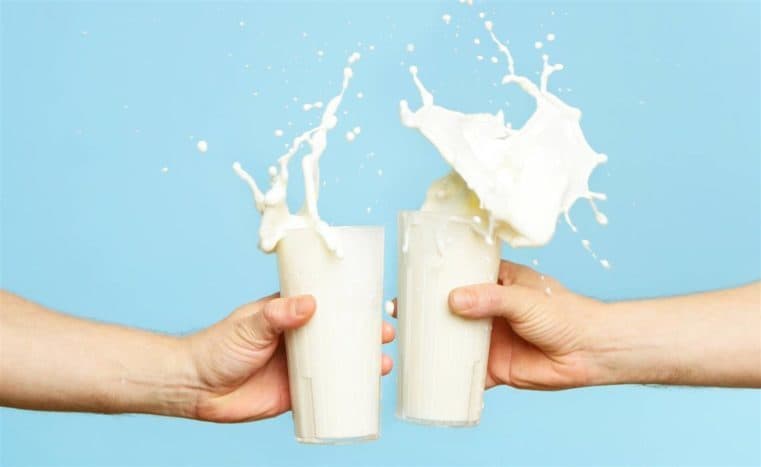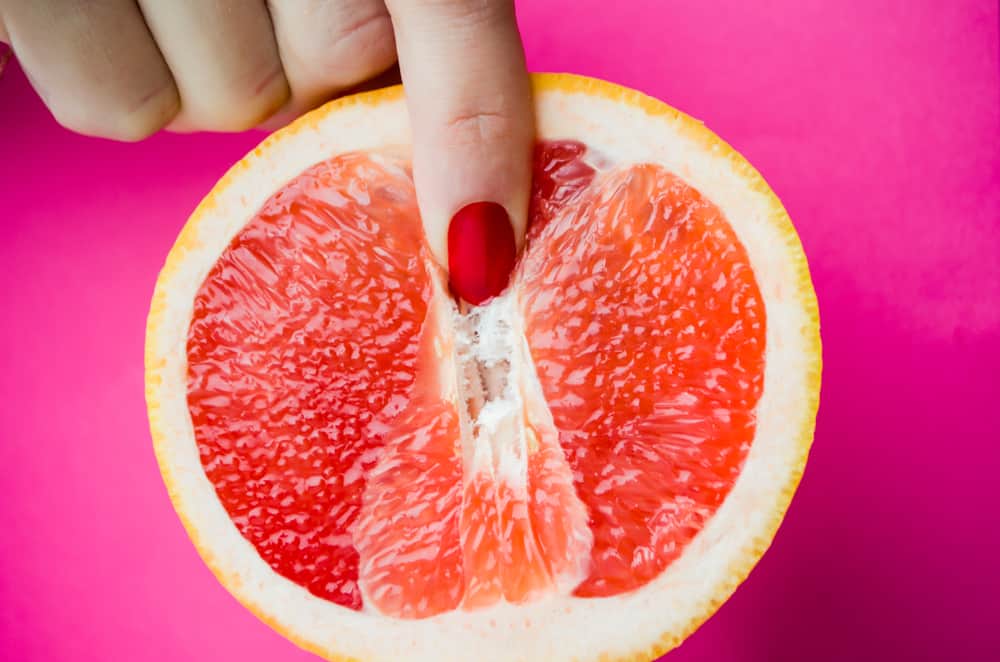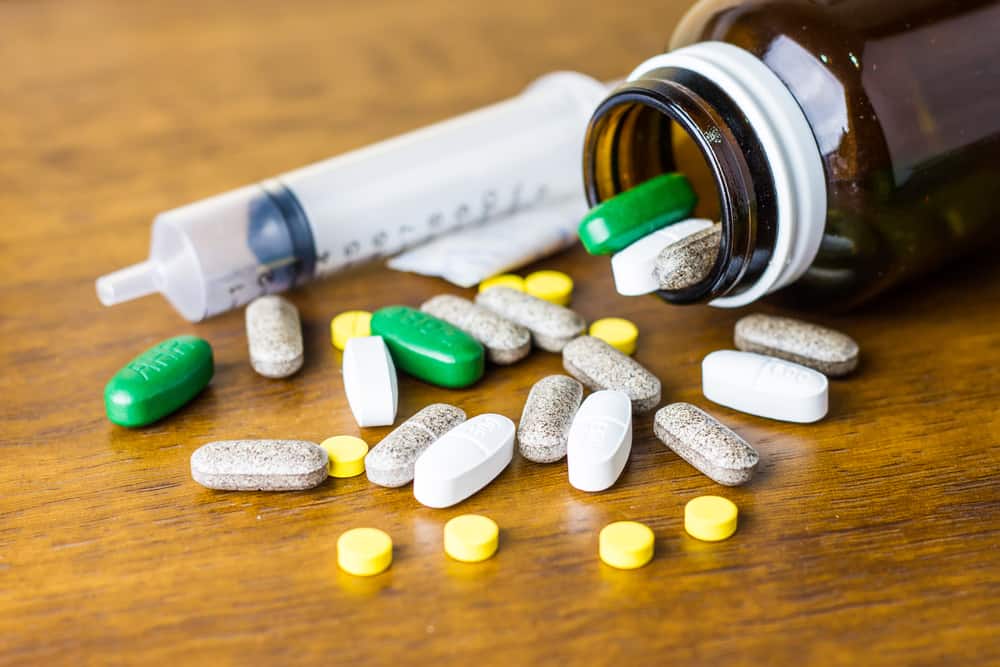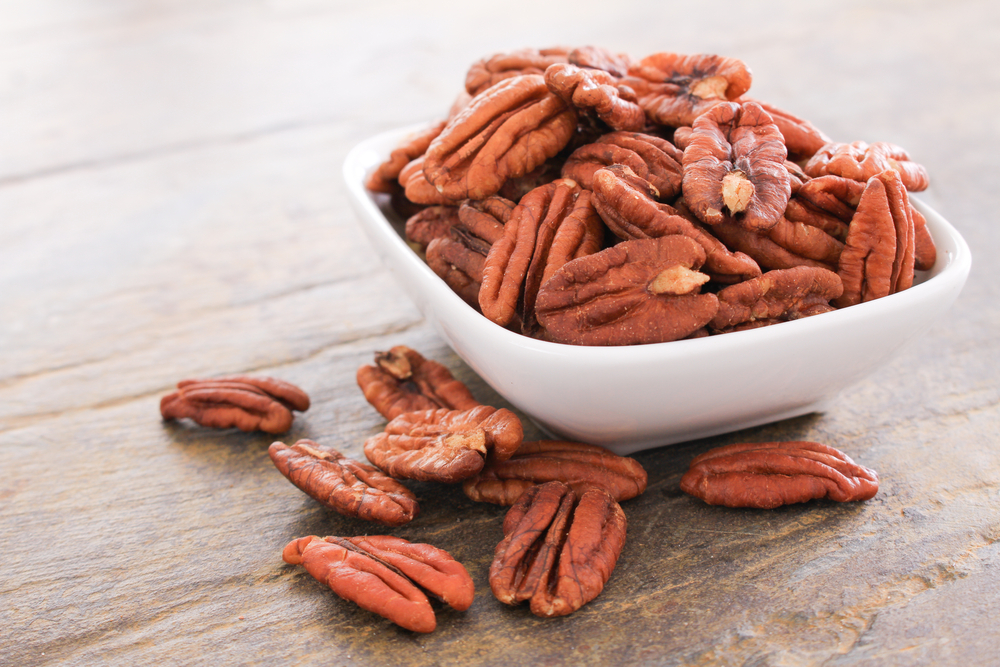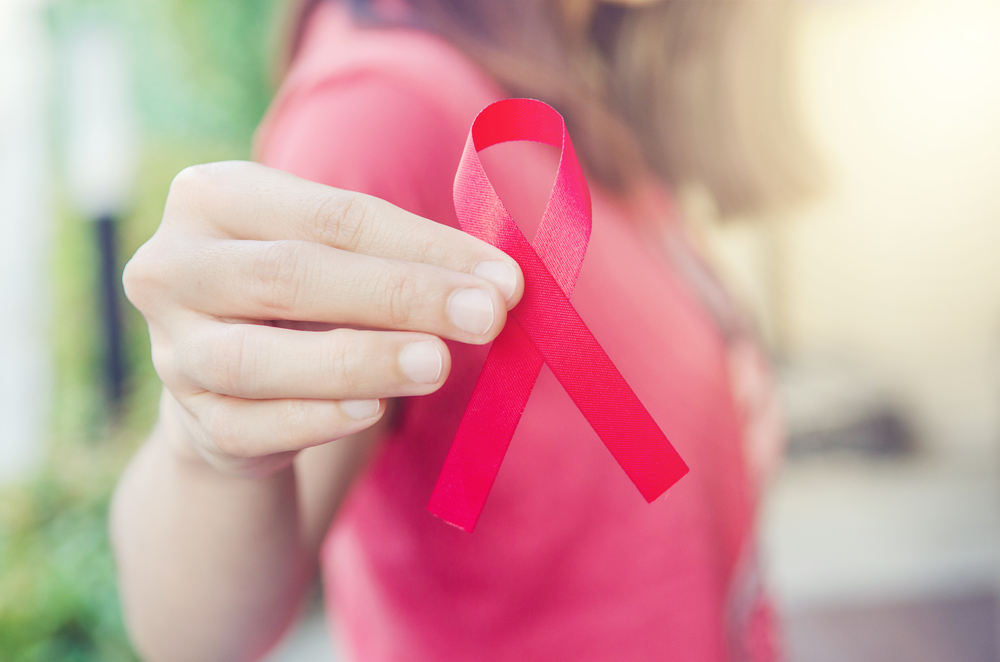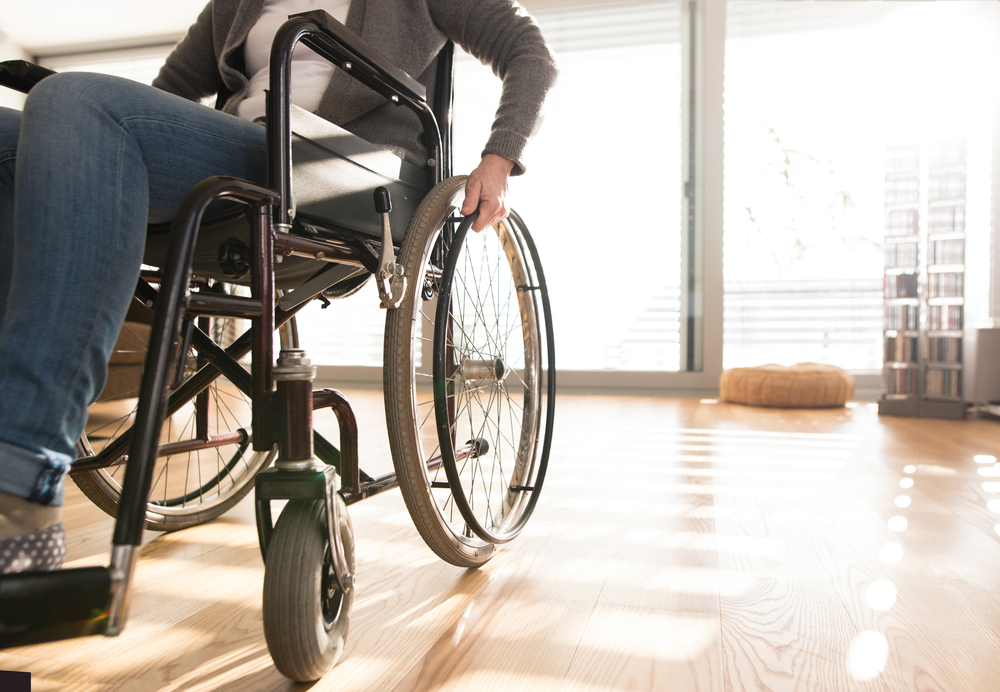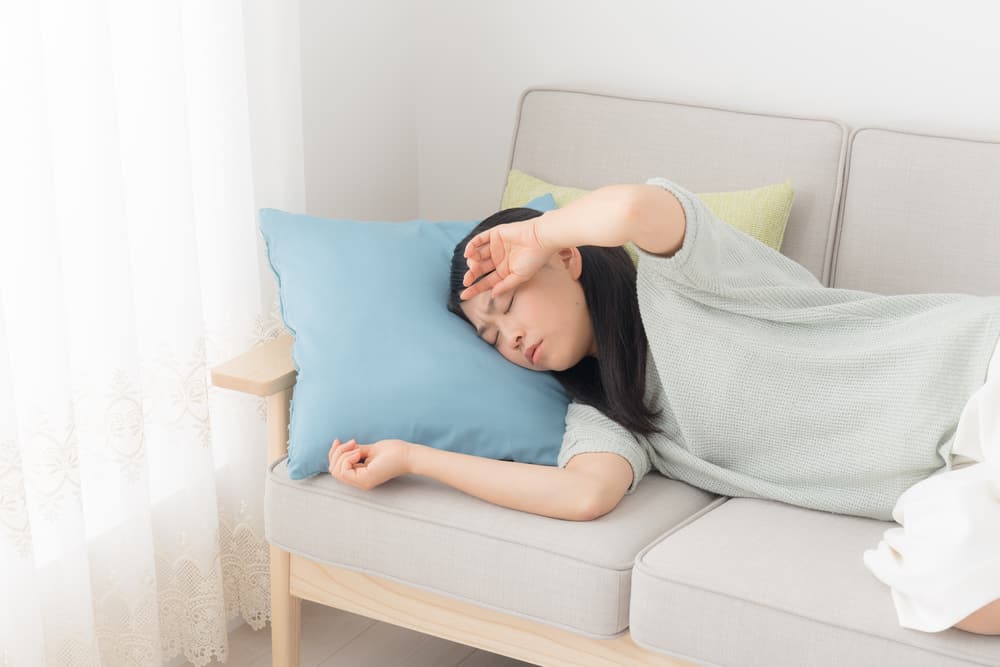Contents:
- Medical Video: 10 Warning Signs Your Heart Isn't Working Properly
- The various habits that cause acne are getting inflamed, which you may never realize
- 1. Touch the face with dirty hands
- 2. Dirty hair
- 3. Give up too soon with acne medications
- 4. Wash your face too often or exfoliate (scrub)
- 5. How to wash your face incorrectly
- 6. Often picking and squeezing zits
- 7. Use the wrong cosmetics
- 8. Use ithair spray or hair oil
- 9. Stress
- 10. Pressure or friction on the skin
- Food causes of acne that you should be aware of
- 1. Sweet food
- 2. Oily food
- 3. Milk
- How do you prevent acne?
Medical Video: 10 Warning Signs Your Heart Isn't Working Properly
Eradicating acne is not easy. However, just expensive facial care products will not work if your daily habits are a factor that causes acne. Check out bad habits and various foods that cause acne that should be avoided, so that acne no longer appears.
The various habits that cause acne are getting inflamed, which you may never realize
1. Touch the face with dirty hands
This is the most common cause of acne for many people. Bacteria and various impurities that stick to your hands can stick to the skin and clog the pores. Well, this is what makes your skin prone to acne.
In addition to the habit of touching your face with dirty hands, objects that stick to your face such as cellphones, make-up tools, even sweat can trigger the growth of acne.
To avoid this, reduce the habit of touching your face or use a clean tissue when touching zits. Scissors always have your nails or always cleaned if you want to have long nails. Don't forget to keep your hands clean with routine hand washing.
It is better to clean objects that you often use everyday such as cellphones, makeup tools, towels, and wipe your face regularly so as not to become a nest of bacteria that can make your face more acne.
2. Dirty hair
Not everyone is shampooing every day. There are only ones that are harmonized every two times a day or there may also be shampooing once a week. Regardless of how often you shampoo, it is important for you to shampoo regularly. Especially if you are one of those people with thin, long, and bangs.
The reason is, rarely shampoo other than to make your hair smell and smell can also causedirt on the hair sticks to the face. As a result, your skin becomes prone to acne. If possible, wash your hair regularly and you should avoid using hair products on the forehead area.
3. Give up too soon with acne medications
Facial treatments to treat acne need time before finally showing results. Usually there is no possibility of a drastic change in just a week.
So don't immediately replace the medicine if you don't see the effect. Acne treatment can take a month or more before the results are visible.
4. Wash your face too often or exfoliate (scrub)
One of the keys to having skin that is free of acne is to maintain a clean face. Therefore, so far you may maintain cleanliness by frequently washing your face. However, ttoo often washing your face actually triggers acne.
The reason is that it can irritate and make the skin more sensitive, because the face actually produces oil to moisturize and protect the face.In addition, washing your face repeatedly with soap can causeacne detergicans, which is a condition in which zits arise as a result of reactions to substances contained in soap or cleansers.
Chemicals in facial cleansers can also kill good bacteria that naturally protect facial skin from bad bacteria. This is because certain cleansing fluids or facial soaps cannot distinguish between good bacteria and bad bacteria.
Therefore, it is wrong if you wash your face so often to cleanse pimples.Simply wash your face twice a day with water and soap that suits your skin condition. If your face has pimples, avoid using facial scrubs that can actually irritate.
5. How to wash your face incorrectly
Already use a myriad of facial cleansing products, but the face still feels unclean and pimples actually add more? You may not wash your face properly. The number of facial cleansing products that are used is actually not a guarantee to get clean and free of dirt.
Make sure you always wash your hands thoroughly before washing your face. For those of you who have long hair or bangs, it's good to tie your hair first before washing your face. That way you will also be more comfortable to wash your face. After that, if you use makeup, clean the makeup first by using a special cleanser according to your skin type. Well, then go to the stage of washing your face. Use pemebrsih soap according to your skin type. Gently massage your face for a few seconds then rinse thoroughly with running water.
If you wash your face using a towel or washcloth, pay attention to the cleanliness. The bacteria on the towel will move to the face and insteadcause of acne. Remember, do not rub a towel on your face when you dry your face. Because this can threaten the elasticity of facial skin. Let the face dry out by itself or pat face with a clean towel. Pat the damp cloth on the skin with a sweeping down motion.
6. Often picking and squeezing zits
It's best to leave this habit behind. Squeezing zits will not eliminate them, but instead causes damage and scars on the skin of the face. In fact, bany dermatologist who says that you should not even squeeze pimples - you can hurt your facial skin if you randomly squeeze pimples. When you squeeze pimples, you will actually soften the skin, causing the skin tissue to be torn.
Use the right treatment to reduce acne and minimize the appearance of scars.
7. Use the wrong cosmetics
The selection of improper cosmetics can cause clogging of the pores and accumulation of blackheads. This is what causes the appearance of acne.
If your skin is prone to acne, choose the type of cosmetics labeled specifically for oily and acne prone skin (for oily and acne-prone skin) Also make sure your chosen cosmetics have a non-comedogenic label that does not clog pores.
8. Use ithair spray or hair oil
The use of hair care products can trigger acne on the forehead or around the hairline. For example, hair oil orhair spray. Once you spray or apply the product to your hair, it's likely that the rest can hit the skin around the forehead. The product is not made for facial skin so that it can cause clogging of the pores and the appearance of pimples.
So, use enough hair oil, not too much. Then, adjust the distance of spraying hair spray and cover the face with your hands when spraying it.
9. Stress
Without your realizing it, various job demands and personal problems can cause you stress. Various studies show the relationship of stress and various diseases in the body. Included on your skin.
Yes, several studies have shown that stress can trigger acne to get worse. Stress is not the cause of pimples appearing, but can make acne get worse.
When stressed, bad habits can become worse and can cause acne. Bad habits include smoking, drinking alcohol, overeating, and eating too much sugar. Eating lots of processed sugar can cause an increase in insulin, so oil production increases and worsens the condition of zits.
10. Pressure or friction on the skin
Using a helmet, bra, or shoulder pad can cause acne on the body to get worse. If you are on the phone, putting a cellphone on the cheek can also cause acne to appear or get worse.
Although the causes of acne are still unknown. But some of the factors above can be one of the causes of acne and a factor that makes you more risky spotty. Even those things can also trigger acne or even make it worse.
Food causes of acne that you should be aware of
In addition to the various habits above, the causes of acne can also be from the food you consume everyday. Because, every food you consume will certainly affect your health. Likewise for skin health.
Here are some foods that cause acne that you should know:
1. Sweet food
According to studies, one of the foods that cause food is high-sugar foods such as white bread, cake, chocolate. This is because high glucose levels in the body increase the insulin hormone. The insulin hormone is a hormone that functions in processing glucose in our body.
This increase in the level of insulin in the blood can lead to an increase in the number of cells of the oil glands and sweat glands on the face. This is what will eventually trigger acne.
In addition, high levels of glucose can trigger acne, because it increases oil production which is more thick. This can cause blockages in the facial pores which can eventually trigger the inflammation process.
According to the results of a study, a diet with foods that have a low glycemic load can improve symptoms of inflamed zits. This glycemic load is different from the glycemic index.
To ensure your diet stays healthy and keeps you from pimples, there are a few tips that can be followed:
- You should eat foods with a low glycemic index (below 55) such as whole wheat bread, brown rice, or corn chips without salt.
- You can combine foods with a high glycemic index that you like, with low glycemic index foods for a balanced diet.
- You must divide your large portion of food into several small meals. You can also eat more often, but with smaller portions.
- Expand to eat vegetables and fruits.
2. Oily food
Another cause of acne is oily food. Yes, oily foods like fried potatoes, chips and fried foods can make oil glands in the skin produce more oil. Now, increasing the intake of this oil besides making your skin oily also triggers the growth of acne.
Fatty acids in oily foods can also increase inflammation, making the existing pimples worse.
However, you do not have to get rid of these acne-causing foods. You only need to limit eating the food that causes acne and wash your face regularly.
3. Milk
The relationship between acne and milk is indeed unclear. However, several studies have shown that milk and dairy products such as cheese and butter can trigger zits, or make your acne worse.
Processed milk is more likely to trigger an increase in the hormone insulin and IGF-1 as a trigger for acne. This is because the consumption of dairy products such as yogurt, ice cream, flavored milk, and low fat enderung milk have more sugar so that it can increase the risk of increasing the hormone insulin when consumed together with other sweet foods.
High levels of insulin and IGF-1 in the blood due to this consumption pattern will trigger a faster sebum growth reaction to develop into acne. In addition, the amount of protein from milk can also trigger the complexity of skin problems through inflammation due to an increase in androgen hormones.
However, both of these are more likely to occur with other factors such as age of puberty, skin conditions, bacterial infections of the environment, and the quality of the overall diet. Consumption of processed milk may not be the main cause if you have oily skin types that are more at risk for acne.
To prevent acne, you can try to stop consuming milk and milk products for some time, then see the effect on the skin. If indeed this method is suitable for your skin, please continue.
However, milk and milk products contain many nutrients that are good for the body such as vitamin D and calcium. So be careful when you choose not to use milk and milk products.
As a replacement, do the following steps:
- Try small amounts of milk and check your acne condition. If acne doesn't get worse, you don't need to get rid of dairy products from your diet.
- Try different types of dairy products. Some people feel better when using yogurt.
- Use other calcium sources, such as broccoli, spinach, and other green vegetables.
How do you prevent acne?
Here are ways to prevent your face from acne:
- Diligent hand washing. Remember, every time you want to make direct contact with facial skin, make sure your hands are clean. So, avoid touching your face with dirty hands.
- Clean your face properly. Use a mild cleanser in the morning and evening. Avoid yag-shaped facial cleansersscrub because this is not a good way to get rid of zits, which actually worsens the situation.
- Avoid squeezing or breaking pimples because it can cause scars or spots on the skin.
- Avoid sun exposure. Some acne medications can cause flammable skin. Being in the sun for a long time can also make the skin wrinkle and increase the risk of skin cancer. You can also coat the skin with a sunscreen while avoiding skin damage due to ultraviolet radiation.
- Be careful with productsmakeupYou.Makeupmust be free of oil. Choose a product with a label "non-comedogenic", Where the product will not clog the pores.
- Shave carefully. If you shave, you can use an electric razor orsafety razor. Use a sharp razor. You can soften the beard with soap and water before using a shaving cream.
- Avoid all the foods that cause acne that have been mentioned above.

